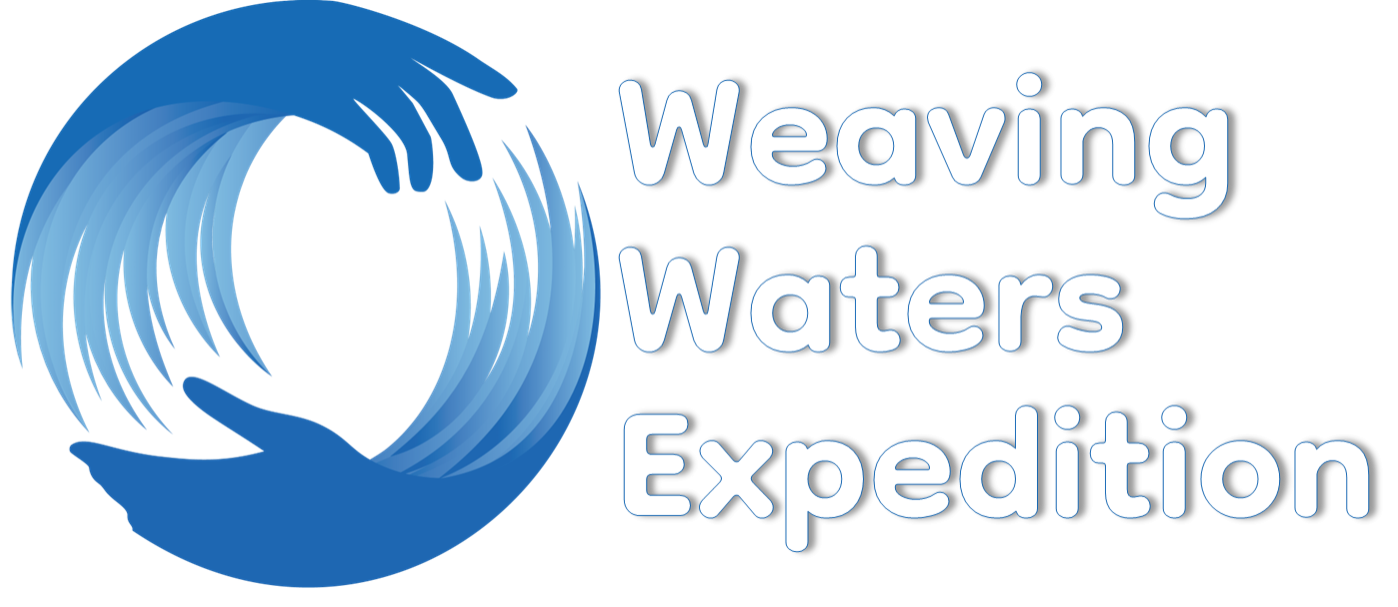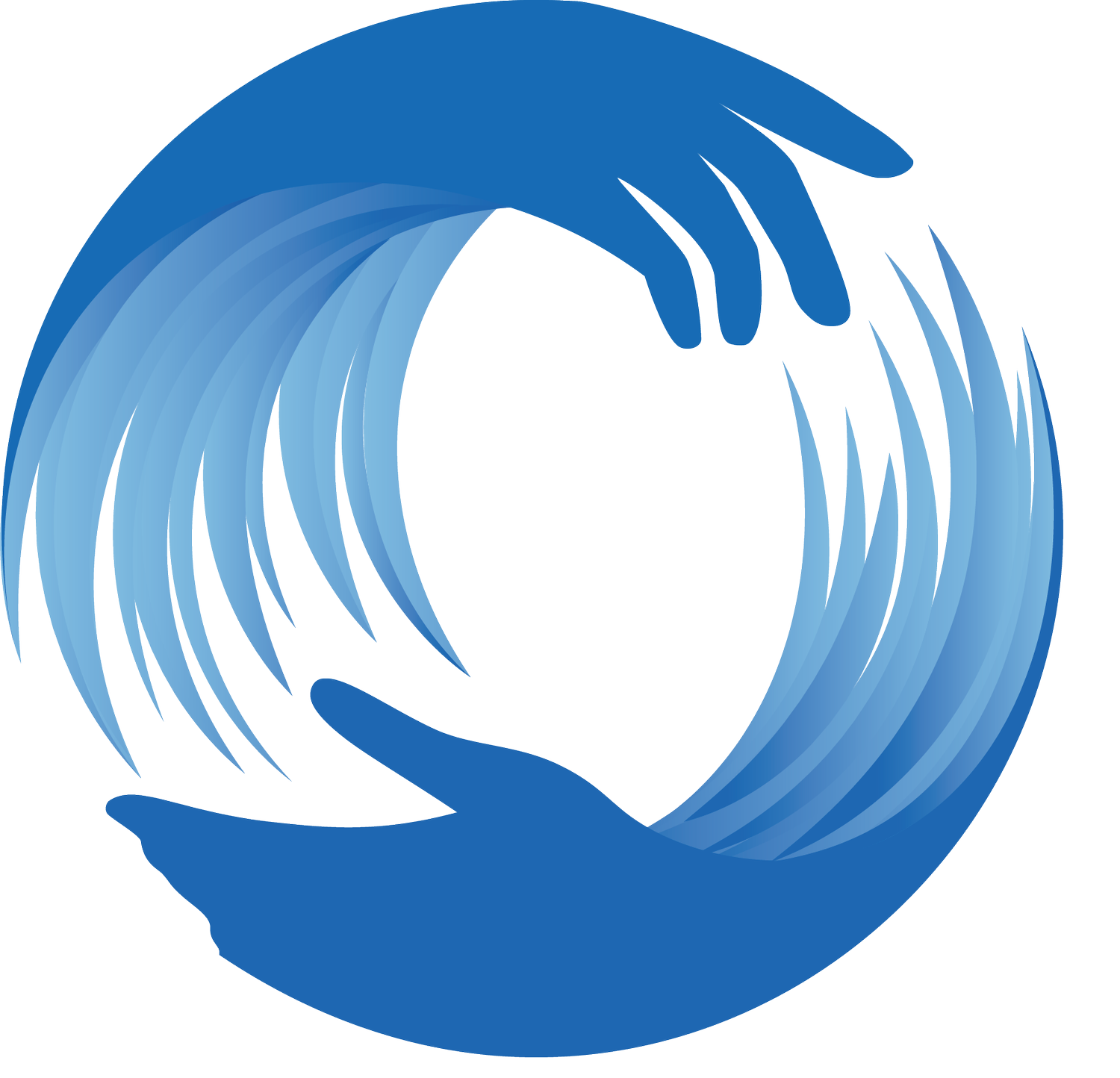From the Keys to the Bahamas
April 2
I headed north out Key West along the western Keys because of persistent heavy winds on the eastern, Atlantic coast where I would need to be eventually. There was some trepidation passing west to east under one of the many causeways connecting the Florida Keys, this one near Marathon, because these are places of shoaling waters, so I was depending on local advice again. It was an amazing transition from the aquamarines of the Gulf waters to the deep blues of the Atlantic Ocean.
I stopped in Key Largo with its tight, boat-packed waterways where boating feels like the quest for a parking spot at Walmart on super-sale Saturday. I was meeting Lieutenant Aaron Macy, a Science Officer in NOAA Corps; we were connected by Mendel from back in Alabama. The NOAA Corps are the officers who operate NOAA vessels, which is mostly oceanic research work. It was a very interesting dinner conversion about Aaron’s vessel postings and life in the NOAA Navy.
The next stop was Miami. The nearshore waters off Key Largo were glassy with a calm forecast, so I weaved my way through the barrier reefs into deeper water offshore where I headed north along the 100-150’ depth contour. Going with local advice from Captain Brandon, I was out there fishing for Dorado - Dolphinfish (Coryphaena hippurus) or Mahimahi in Hawaii or Mahi Mahi at your local restaurant and not a mammal - trolling the proffered lure and colour at the depth and speed ‘guaranteed to catch a fish’. I didn’t catch anything. The sport fishers I passed were catching Dorados. Apparently, I needed to fly a kite and a balloon to dip a fish as bait into the surface waters to look like the Flyingfish (Cheilopogon spp.) swimming / flying along with WW. Again, local knowledge wins the day.
It was a lovely calm day and I slowed up to go for a first swim in the Atlantic Ocean. There were a few soda pop bottles coming at me and I thought, ‘great, more plastic garbage’, then their true identity revealed itself; these were a long line of Portuguese Man-o’-war (Physalia physalis) caught in the eddy line. Needless to say, I put my clothes back on and skipped a swim here. Having dealt with their debilitating stings when my students in Cuba tangled with these jellies (Joey’s remedy isn’t true, BTW), I was pretty sure Man-o’-wars and boating don’t mix. I did find a safer swim spot farther north and enjoyed the lovely blue waters of the Atlantic. As a safety aside, I have a rescue rope that attaches me to WW when I swim alone offshore – that’s for my Mom.
I came back into the frenzy of the Inter-Coastal Waterway and went searching for my slip at Dinner Key Marina in Coconut Grove, south Miami. With the ‘guidance’ of the ‘harbour master’ on the phone, sort of, it took three tries on different laneways to find my slip. When I visited the marina folks in their office to pay my fee, they were on the phone with another boater but mostly engaged in their computer screen: ”Oh ya, I went to the window and saw you were going the wrong way, fig’rd you call me back…” - because captains navigating close quarters and many vessels have free hands and eyes to use a phone. For a mere $200/night, you can tie your boat to an unsecure dock. The same dock with lots of nice amenities and a lock back in freshwaters farther north was about $40. Alas, it is boating life in south Florida.
I was here to meet my long-time friends and colleagues, Drs. Coqui Aguilar-Betancourt and Gaspar González-Sansón. We have worked together since the 1990s in Cuba (University of Havana) and Mexico (Universidad de Guadalajara) sharing graduate students and teaching together. I took undergraduates to Havana where we would pair them with Cuban students for a week of snorkeling on reefs that ranged from pristine to heavily impacted. These courses were special because I could watch my students quickly learn and grow from the challenge of working on wild reefs, often their first time snorkeling or away from Canada, while sharing life experiences with young Cubans whose lives were significantly different than young Canadians. An interesting evolution of academia to note: my field courses such as this one didn’t count as teaching back in the day, but now these courses are in vogue with the lofty sobriquet ‘experiential learning’. The course inspired at least one future star; Emmy award winning Mike Corey. It was a happy few days in Coconut Grove enjoying that Coqui and Gaspar were finally reunited with their two boys and families.
Coconut Grove and the adjacent districts were not what I expected; it is a very clean, well-manicured suburb of the big city. Curiously, few people spoke English. They were mostly Cubans and there wasn’t much need of English my Uber driver explained in Span-English, which is like my Acadian Franglais; mostly Spanish intermixed with English words. He had lived in Miami for 12 years. I learned that many folks here are still guests in the USA and keeping up appearances was a priority. I know Cubans to be very proud people and I suspect that too played a role in the well-maintained community. It is unfortunate that the USA and Cuba can’t get over past differences perpetuated by long ago histories. Cuba needs help and we shouldn’t let that assistance come from Russia.
My next crew member, Brian Ferguson, was also meeting me here. Brian was on my first ever run with WW when we crossed the Strait of Geogia about a year ago. From Miami we were headed to the Bahamas. We spent a couple of days supplying and yes, waiting for the weather to break again. There is confusion within the boating community about taking food into the Bahamas - follow the rules, don’t follow the rules/nobody cares, they will/won’t board your boat. I decided to play it safe, packed almost no food, just dry goods – pasta, crackers, canned and packed foods, etc., and planned to refill the fridge at our first stop in Bimini. We were pretty excited arriving in the Bahamas, forgot to fill the fridge when we were in the only place with a store, and went a long stretch thereafter eating dry goods.
The weather did break. With Chris Parker at the Marine Weather Center confirming my interpretation of the forecast, we watched the storm clouds part one morning and set a course due east to Bimini in the Commonwealth of the Bahamas.
From the crystal-clear waters of the Bahamas,
Allen
Chub Cay, Bahamas













